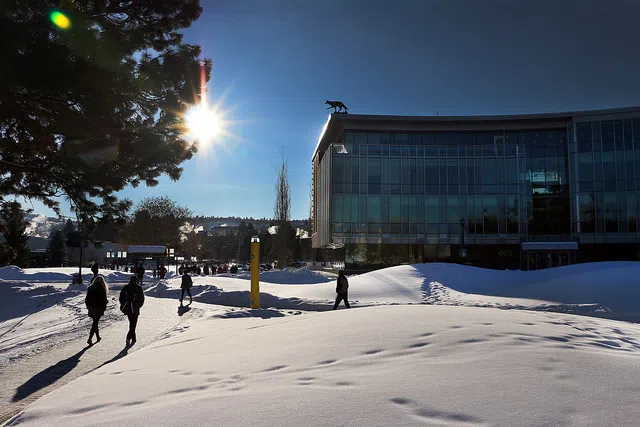
TRU International students baffled at Trump’s travel ban
KAMLOOPS — Following U.S. President Donald Trump’s executive order on Friday that has banned immigrants from seven countries, protests have erupted across the globe.
The same concerns heard around the world are being echoed at Thompson Rivers University. Muhammad Daniyal is studying at TRU, and while his homeland Pakistan is not on the list, he still feels targeted as a Muslim.
“It’s definitely an awful thing,” he says. “What Mr. Trump is doing, it’s an out of mind thing. Going randomly after those seven countries, why? What’s the point?”


